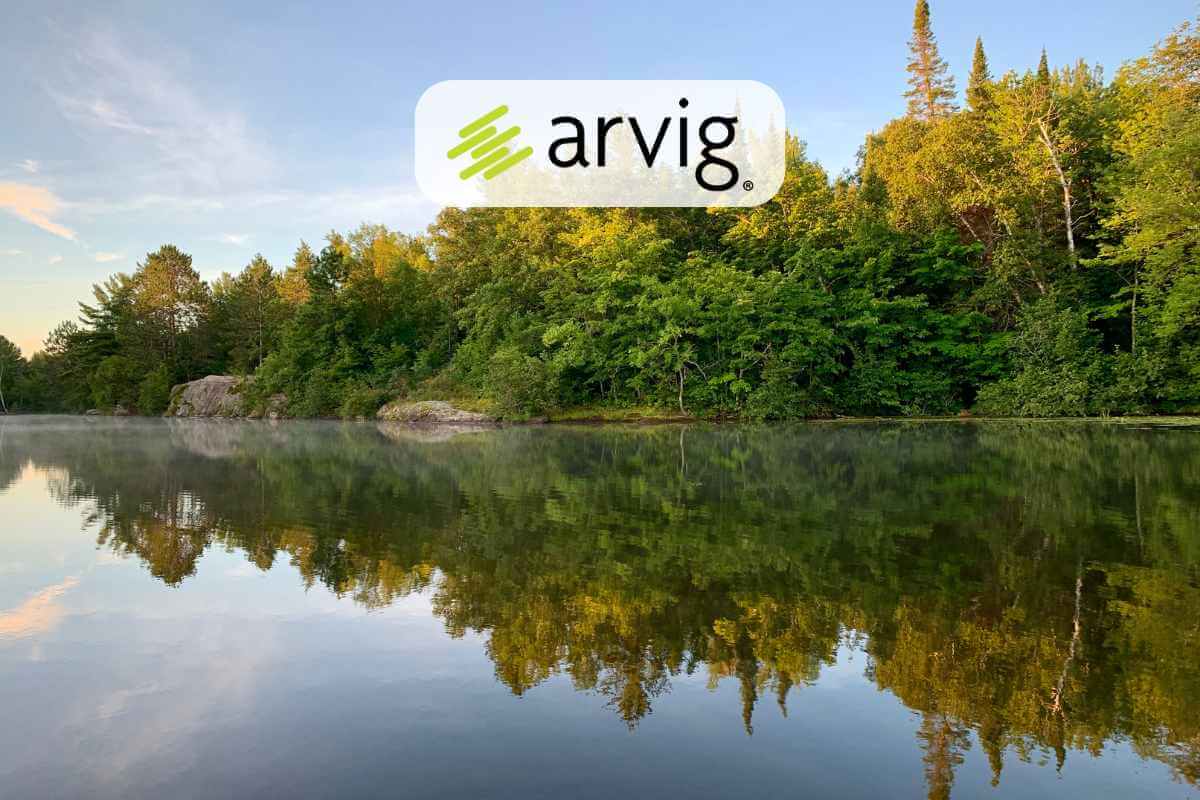
Minnesota-headquartered local broadband and full-service telecommunications provider Arvig has been awarded a grant from Minnesota's Broadband Line Extension Connection Program to construct last-mile fiber network infrastructure for high-speed internet to 69 unserved locations across rural Minnesota, Arvig said in a release this week.
Grant Funding Allocation
Arvig was awarded grants totalling USD 543,244 from the program after submitting successful lowest-cost bids to provide fiber to the locations. The total project funding is USD 612,244, with Arvig investing USD 69,000 to cover additional project costs.
The 69 unserved locations consist of seven projects in areas such as Rural Callaway, Henning, Rochert, Detroit Lakes, and Frazee. The company said construction on some of these projects is expected to commence as early as May 2024, with completion targeted by May 2025.
Also Read: Arvig to Expand Gigabit Internet to Three Rural Minnesota Counties
Exceeding Connectivity Standards
Under the program's requirements, Arvig plans to surpass the mandated internet speeds of 100 Mbps download and 100 Mbps upload, offering speeds of up to 1 Gbps download and 100 Mbps upload to the newly connected locations.
Arvig expressed gratitude for the program, saying, "This funding not only helps us close the broadband gap in rural Minnesota, but it also helps offset the higher deployment costs that often come with providing internet service to unserved areas in our state."
Gratitude and Program Impact
The Line Extension Connection Program, administered by the Minnesota Department of Employment and Economic Development (DEED), was established in 2022 with a budget of USD 15 million to address the connectivity challenges faced by underserved communities.
Also Read: Gateway Fiber Expands Fiber Internet Service to More Minneapolis Metro Areas
The latest grant was awarded as part of Round 2 of the Line Extension Connection program's funding process. In late 2023, Arvig accepted a separate grant from the program to extend internet service in 118 locations in several lakes-area communities, Arvig said.















